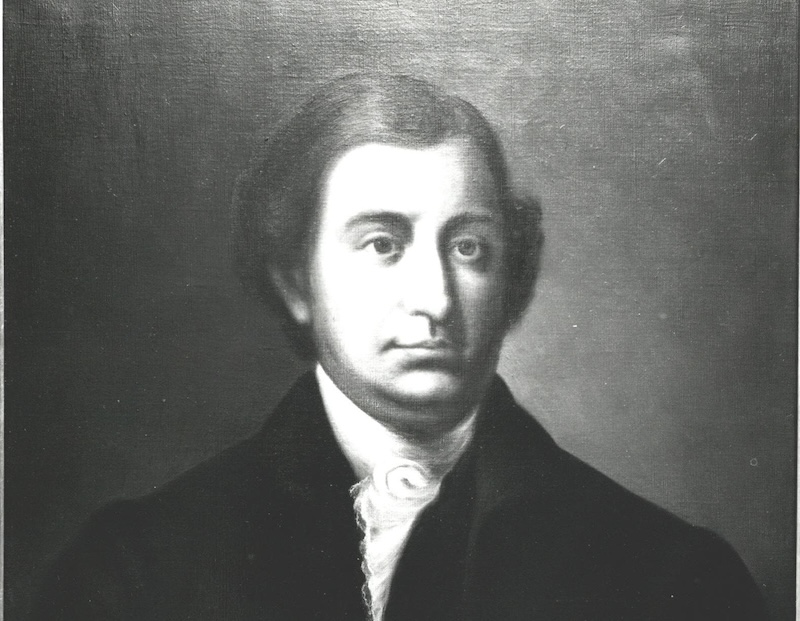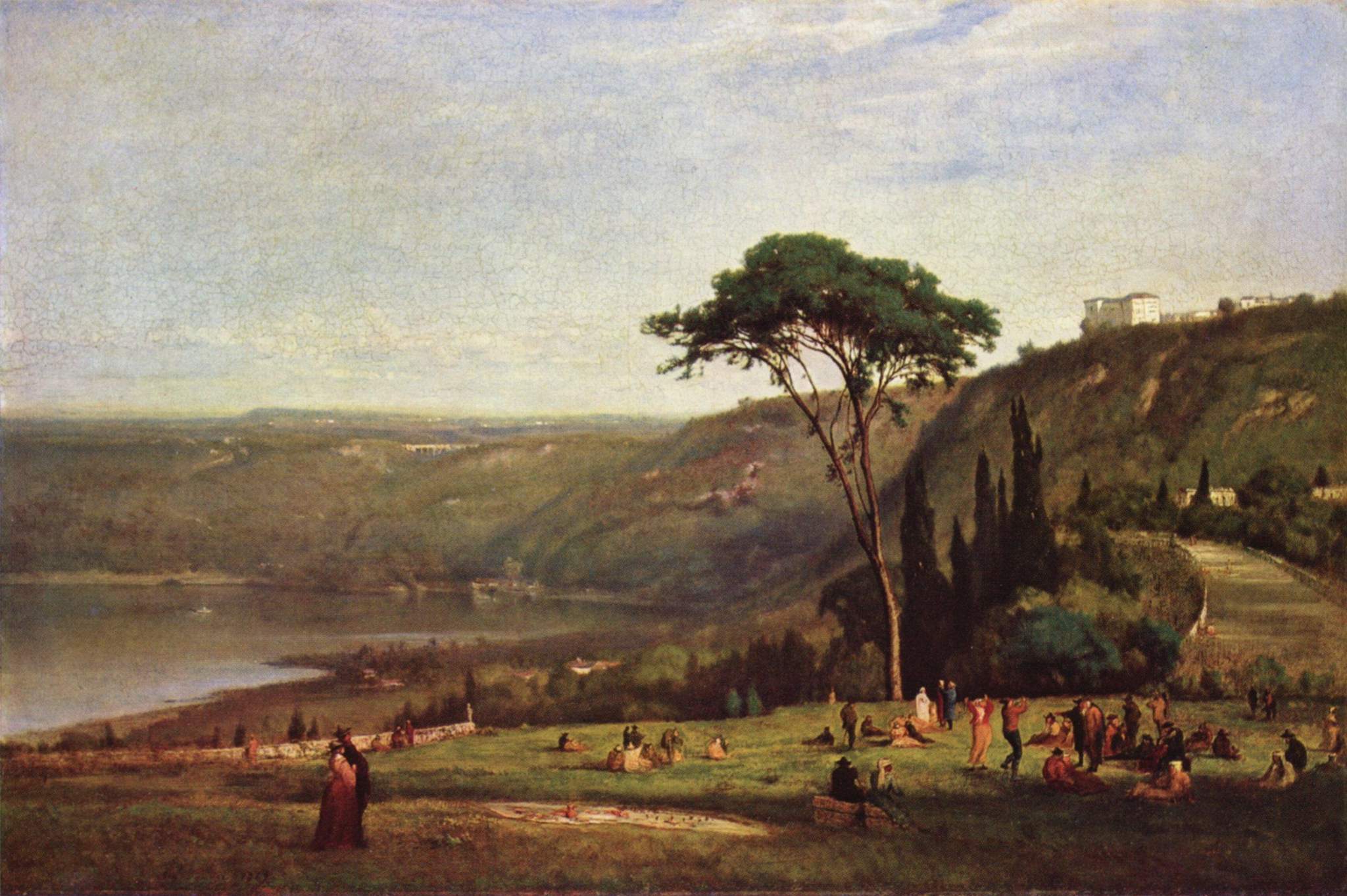Introduction
Edmund Randolph (1753–1813) had established his role in American politics by the time of the Constitutional Convention in May 1787. A lawyer by trade, Randolph began his career in politics during the Revolutionary War and was elected to the Virginia Convention in 1776, where he helped draft the commonwealth’s first constitution. Randolph also served as a delegate to the Continental Congress in 1779 and 1781, followed by a brief tenure as the Governor of Virginia. Randolph recognized that Congress’ lack of power under the Articles of Confederation created an ineffective government that was unable to address the nation’s growing challenges. This led him to become an advocate for constitutional reform and represent Virginia at the Annapolis Convention in 1786. When the convention failed to have enough states in attendance, Congress adopted a proposal for what became the Constitutional Convention.
This letter was part of correspondence between Randolph and James Madison (1751–1836) leading up to the formal proceedings of the convention. Having collaborated on drafting the Virginia Constitution (1776), both men were chosen as delegates to represent the state at the Constitutional Convention 11 years later. The letter exemplifies the preliminary discussions in which the nation’s leaders were engaged before the convention began. Although brief, Randolph’s letter includes several observations that foreshadow his involvement in the convention and highlight his forward-thinking approach to establishing a more effective form of government. His ideas also contributed to proposals that ultimately helped shape the Constitution.
—Michelle Alderfer
I have turned my mind somewhat to the business of may next: but am hourly interrupted. At present I conceive
1. that the alterations shd. be grafted on the old confederation
2. that what is best in itself, not merely what can be obtained from the assemblies, be adopted.
3. that the points of power to be granted be so detached from each other, as to permit a state to reject one part, without mutilating the whole.
With these objects, ought not some general propositions to be prepared for feeling the pulse of the convention on the subject at large? Ought not an address to accompany the new constitution?





















































































































































































































![Finley, A. (1829) Pennsylvania. Philada. [Map] Retrieved from the Library of Congress, https://www.loc.gov/item/98688548/.](/content/uploads/2024/02/Map-of-PA--273x190.jpg)


































































































































































































